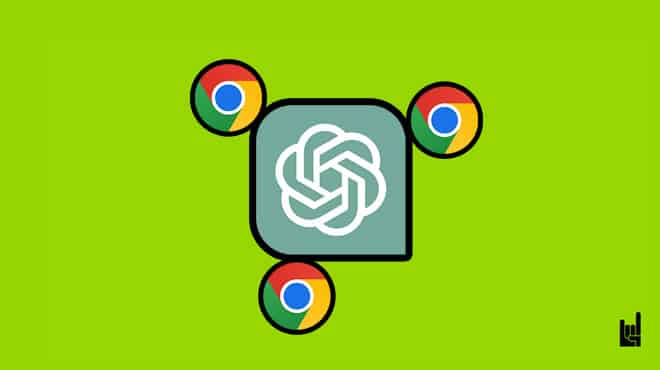Anchor Text is the visible, clickable text in a hyperlink. Anchor text can provide both search engines and users relevant contextual information about the content of the link’s destination.
When adding anchor text in external links, there are several important rules to follow to ensure effectiveness and avoid penalties from search engines:
Relevance: Ensure the anchor text is highly relevant to the content of the page you are linking to. The text should clearly indicate what users can expect to find when they click the link.
Avoid Over-Optimization: Use natural, varied anchor text rather than repeating the same exact phrase, especially if it contains your target keywords. Over-optimized anchor text can trigger search engine penalties.
Use Descriptive Text: Instead of using generic terms like “click here” or “read more,” use descriptive phrases that provide context to the reader and search engines about the linked page’s content.
Balance Keywords and Branding: Mix branded anchor text (using your brand’s or website’s name) with keyword-rich anchor text. This diversification helps avoid appearing manipulative to search engines.
Keep It Concise: Anchor text should be concise and to the point. Long or convoluted anchor text can confuse users and dilute the link’s effectiveness.
Link to High-Quality Sites: Always link to authoritative, high-quality external sites. Linking to spammy or low-quality sites can harm your credibility and rankings.
Consider the User Experience: The anchor text should make sense within the content’s flow and contribute to a positive user experience. It should be easy to read and naturally fit within the surrounding text.
Variety is Key: Use a variety of anchor text types, including exact match, partial match, branded, and generic. This helps create a more natural link profile.
Context Matters: Ensure that the anchor text is surrounded by relevant content. The context in which the link is placed can influence its effectiveness and how search engines interpret it.
Monitor and Adjust: Regularly monitor the performance of your external links and anchor text, and be ready to make adjustments if you notice any negative impacts on SEO or user engagement.


